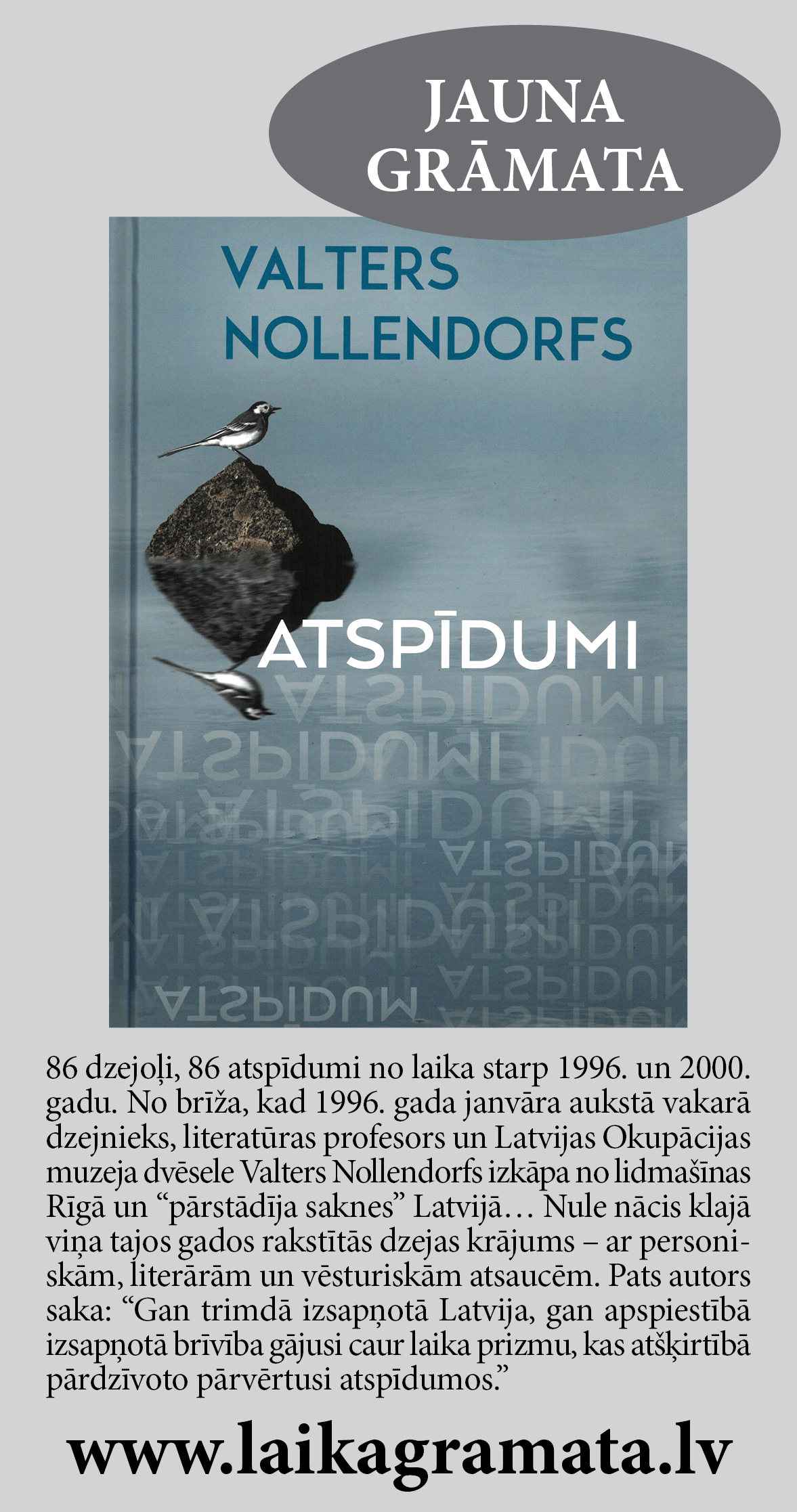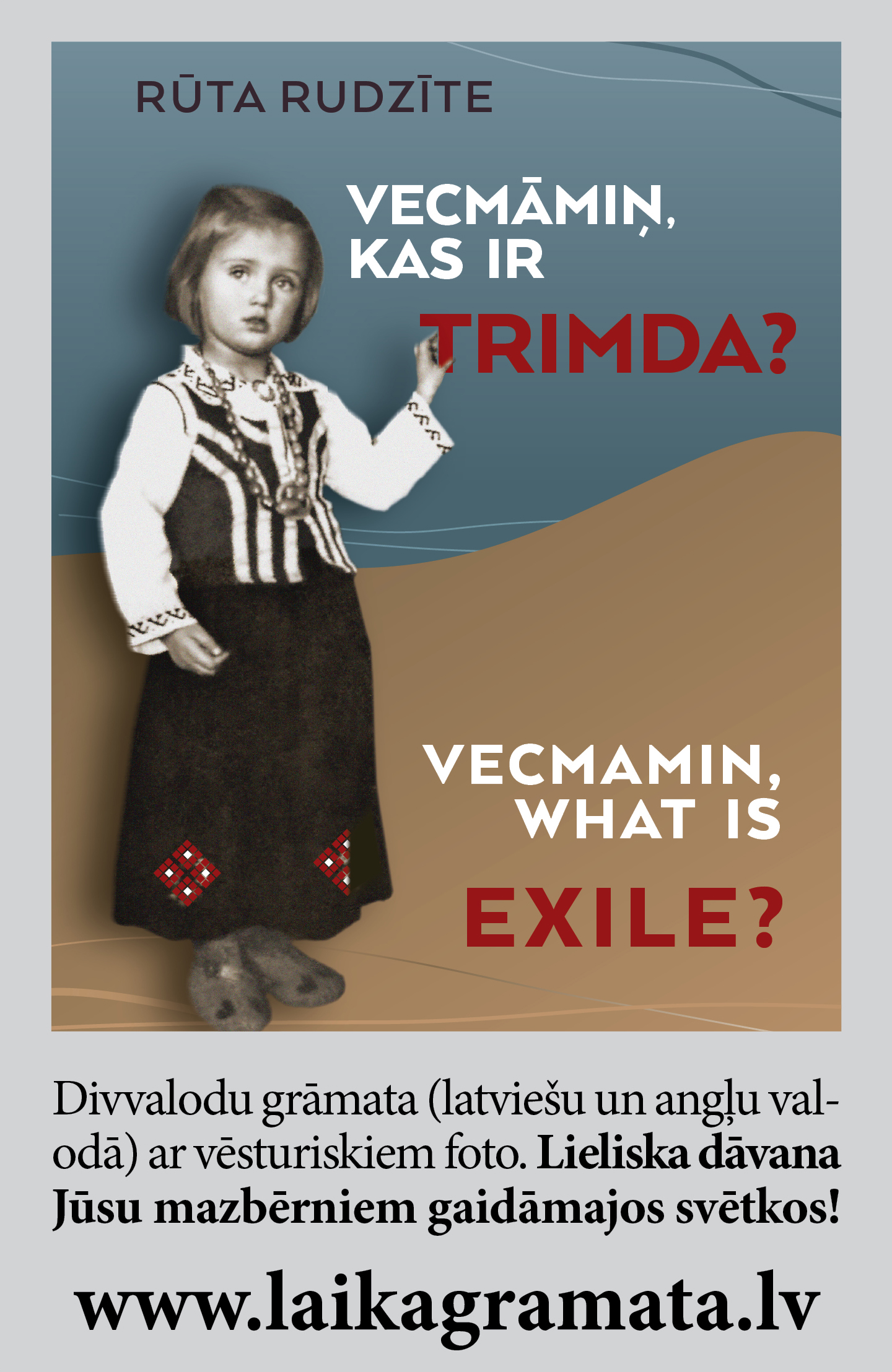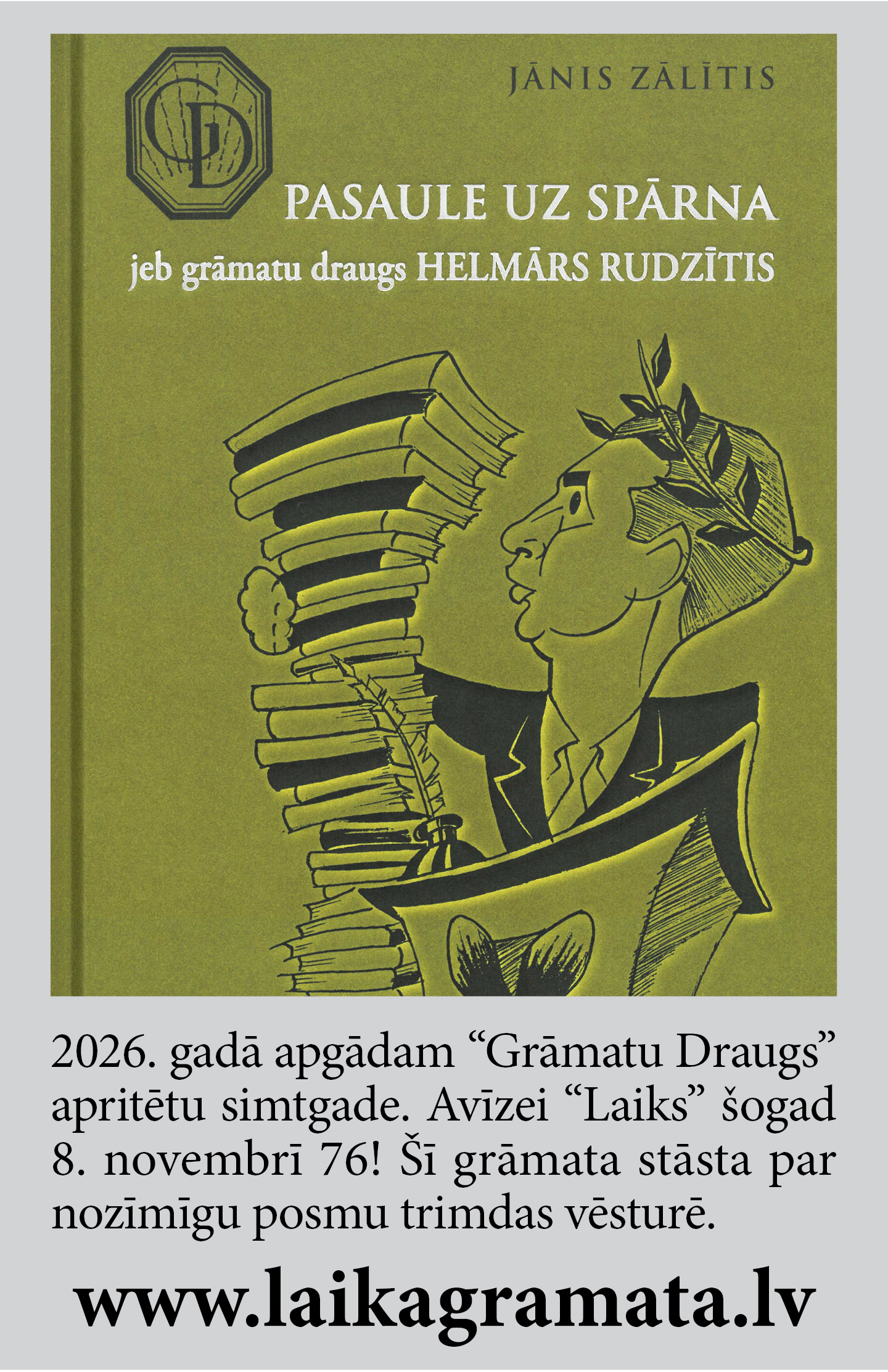


21.10.2014
`( ) Our institution will be recorded by history, the reason being that it is unique. Refugees usually have not the mental spirit to create a university, but we had the spirit and therefor, our institution can be regarded as a historical event. ( )
Information Bulletin Baltic University, 13 December, 1947.
In 1947 they thought that historians would investigate the Baltic University even after many, many years. But it turned out to be otherwise: the archive seemed to be lost, the buildings destroyed by fire and the institute almost forgotten.
But not totally: there are still people who have a memory of this special university, whose career started right there in Hamburg, who have pictures, documents and stories to tell. It is not yet too late to ask witnesses to tell about this remarkable institute, the students and fraternities. It is still possible to make a documentary film
Im a journalist and documentary maker. I came across the subject of the Baltic University when I went through all the papers of my Estonian father. I found his study book of the Baltic University and also a small diary. In this dairy he wrote that he was so happy to leave the depressing refugee camp and start a new life. He studied only for a short period of time at the university as he got TB and had to spend almost three years at a sanatorium. When he came out the university didnt exist any longer and students had emigrated.
Nonetheless I was curious to find out more about this Baltic University and when I once came across a text of Mr Robert Riggle, an American working for UNRRA (United Nations Relief and Rehabilitation Administration), I realised I wanted to do something with this subject:
As a former University Professor I knew only too well the complications of University life and the problems of its administration functioning in normal communities in times of peace and plenty. But the idea of daring to attempt to create a University in the midst of chaos, when even the necessities of life were hard to come by, was the kind of exaggerated adventure to which a man cannot say no.
For Mr Riggle it was an adventure, for the academic staff it was about their work, their life, their future.
It was in the summer of 1945 when Latvian professors in the refugee camp of Lübeck were thinking of starting a university, as it was difficult for refugees to obtain a place at a German University. Professors from Estonia and Lithuania joined and it became a Baltic enterprise.
The planning committee started to work under most difficult conditions: there was no housing available, no equipment, no pens, no papers, no chairs, nor desks There was just an idea. What was achieved within three months was spectacular: a functioning university with eight faculties with 17 departments. In March 1946 the Baltic University opened its doors. Most students came from Latvia.
The British Military Government was in favour of a university for displaced persons and so were the first UNRRA representatives. But soon after the University opened its doors the first problems began: the word Baltic had to disappear from the name (Hamburg DP University) and then the word university as well (DP Study Centre). The name had to change 11 times.
Professor Dunsdorfs once wrote: a well beloved child has many names. Yes, the university was loved by many, but not by all.
The amount of daily calories was reduced, teachers had to be dismissed, students of 25 years and older were not allowed to study and less and less students were admitted and those admitted could only study for a very short time.
But the teaching staff did what it could: dismissed professors continued their teaching activities. Students of 25 years and older were accepted and more students were allowed to study than numbers officially approved. And they pleaded, successfully, for more food.
I have read some of the correspondence between the rectors and the authorities. The archive of the Baltic University seemed to be lost, but it still exists and can be found in the University Library of Uppsala. As it was not catalogued it was hard to find, but all documents are there. Reading through the documents, it makes you wonder how they got the energy to continue, despite all the problems and the pestering Im afraid if this is the right word to be used from the authorities.
The academic staff tried to help the students and tried to continue the work at the university if necessary elsewhere: from 1947 onwards plans were made to move the whole university to Great-Britain, Canada, USA and even Ethiopia. All theseattempts failed.
In September 1949 the university had to close its doors as most students and teachers had emigrated.
Though the University existed only for three years the effect upon the students was long lasting. As some former students wrote or told me:
`As for many others, my hopes for academic studies were fulfilled when BU opened. This is where my academic career started.
`I was young, anxious, uncertain in some ways and the university provided a warm environment. As a result of the Baltic University I have had a good and pleasant life.
I have started to work on a documentary film to show the hope, courage and determination of the staff and students, but also what can be achieved, even in most difficult circumstances, with different nationalities, who speak different languages and have a different background, if there is a common goal. I do think the story of the Baltic University is a story we all can learn from.
Im very thankful to the Latvian Foundation who gave me a grant this year as this gives me the possibility to start with the first editing. At the end of this year we will have finished a `teaser, a short film of about 7 to 8 minutes to give an impression of the project. I hope very much to finish the film in late summer of 2015 though this still depends upon support from other funds.
In case anyone reading this article still has got any pictures, documents, or memories of the Baltic University, please contact:
Helga Merits
Tollensstraat 62
1053 RW Amsterdam
Holland
or: hmerits@xs4all.nl
Atpakaļ
Apskatīt komentārus (0)

reklāmas banerim









